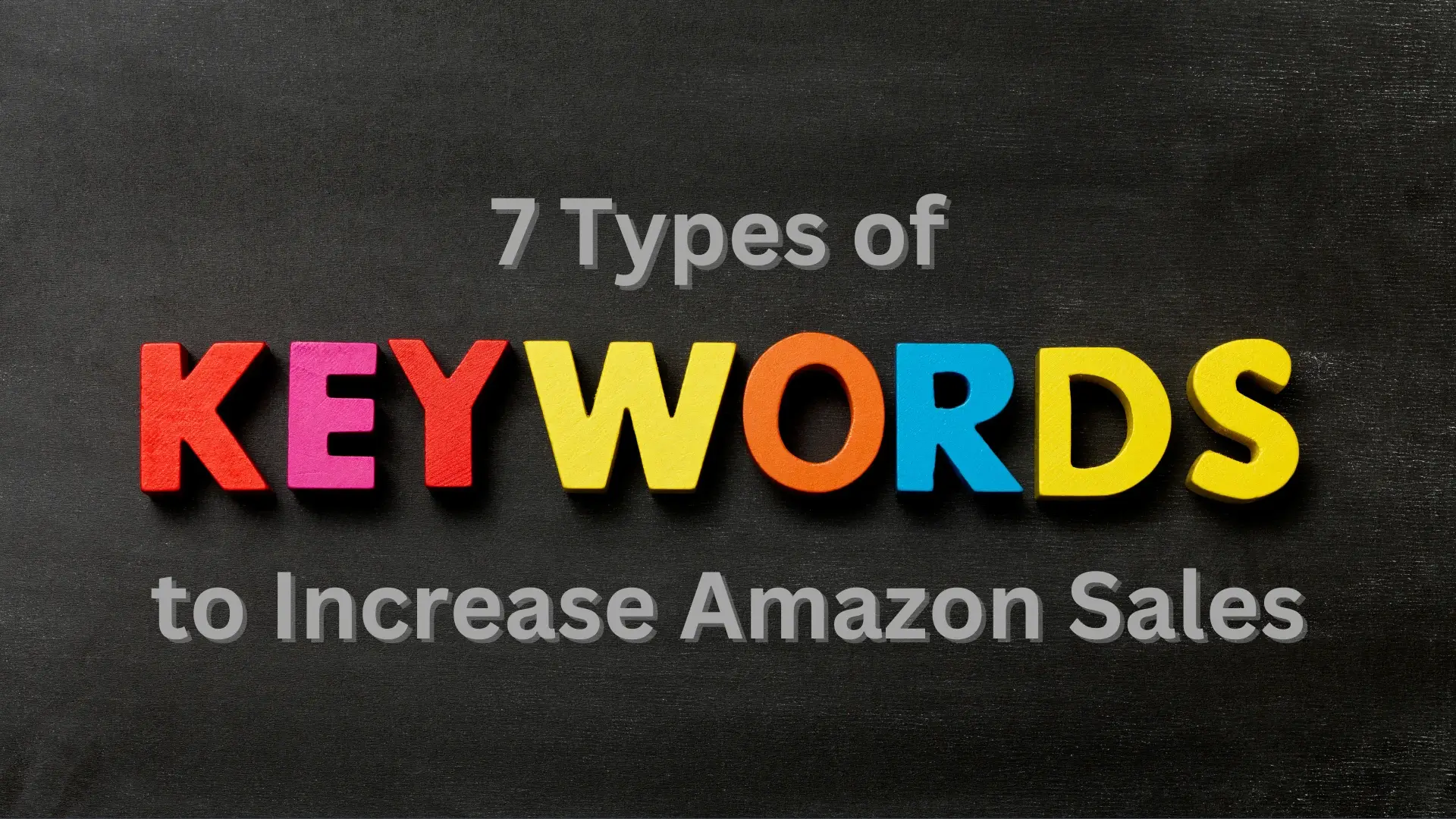“How do I get my product in front of more customers?”
That’s the million-dollar question every Amazon seller should be asking themselves.
As we’ve outlined before, optimizing your product listing remains a foundational building block for maximizing your visibility. And part of optimizing your listing’s copy means utilizing as many keywords as possible that customers use to find products like yours.
You may find competing brand names in your keyword list during the optimization process. Depending on your product, this may be more prevalent than you’d guess.
You may be wondering: “Can I use a trademarked phrase in my Amazon product listing?”
Sometimes, a brand name becomes synonymous with the product, and the brand name becomes a generic term for its market. Think about Kleenex, Velcro, Bubble Wrap, Jacuzzi, Chapstick, Popsicle, and the list goes on and on.

But what do you do when a competitor’s brand name is found in the search terms? Can you include their name somewhere in your listing to index and potentially rank for a recognized competing brand to steal their sales?
These are great questions, and to arrive at these questions means you’ve done your homework on Amazon SEO. One seller in our Facebook group for Amazon sellers asked it this week.


So we’re here to shed some light on this intelligent question and clear the air regarding branded keywords.
Can I use a trademarked phrase as a keyword in my listing?
In most instances, the answer is a hard no.
Per Amazon’s Intellectual Property Policy for Sellers, Typically, a seller can use someone else’s trademark in the following circumstances:
- When selling authentic goods, a seller may use a trademarked name to list them. For example, a seller who lists an authentic “Pinzon” product is not necessarily infringing on the Pinzon trademark owner because the seller is using the trademark to identify an authentic product.
- When using a trademarked word in its ordinary dictionary meaning.
- When making truthful statements that a product is compatible with a trademarked product. For example, if you offer a cable that is compatible with the Kindle e-reader, you can use the brand name “Kindle” to indicate that compatibility in the text of your detail page. You cannot use a logo to indicate compatibility, only the brand name. Any statement you make about compatibility must be true. If you want to indicate the compatibility of your product with a product of a different brand in the product title, please build your product title as follows, taking also account of the Amazon Brand Name Policy. If you do not apply this format to your product title, your listing may be removed as potentially trademark infringing.
As Amazon continues to fight against counterfeit products on its marketplace, it has tightened up on the usage of trademarked terms in listings not belonging to the trademark holder.
Violation of these rules opens sellers to warnings, suspension, or a ban from the Amazon marketplace. On the bright side, you can use these same rules to protect your brand from others if you’re enrolled in Amazon’s Brand Registry Program.
What about in the backend search terms?
Still, the answer remains no.
While one might think the backend search terms are the optimal place to index for trademarked terms without confusing a customer as to who the seller is, that is not the case. Amazon finds listings that violate this rule and violators likely face punishment as a result.
In fact, Amazon’s recommended strategy for backend search terms is not to use any brand names.
Can I do anything to gain visibility on trademarked keywords?
Although you can’t use trademarked brands as keywords, there’s a way to potentially earn visibility for a name brand that customers are searching for: PPC advertising.
Keyword targeting allows sellers to appear for search terms that they bid on. Below, you can see how a competitor can sweep in to be prominently displayed in search results for a search for a trademarked product.


However, there are many pros and cons to consider depending on your product, market, and the brand you’d target.
For example, Nike is one of the largest, most recognized brands on the planet and has built strong brand loyalty. So it may be reasonable to believe a customer searching for “Nike shoes” may be looking for a specific Nike product or that they’re dead-set on buying shoes with the famous Swoosh.
It’s also likely this brand had to outbid Nike vendors and major brands like Adidas, Reebok, and so on. Most likely, these ads probably aren’t cheap!
The sneaker market is incredibly competitive and full of industry whales like the brands mentioned above. With the degree of difficulty to consistently rank organically for high-volume search terms, PPC presents the opportunity to compete and even have a positioning advantage over name brands.
Additionally, this particular brand does have one huge selling point over Nike that sellers should consider: price. Certainly, many will breeze right past the ad and scroll down through Nike’s extensive catalog. But others just looking for a comfortable shoe might balk at paying prices up to 4 times that of the brand running the sponsored ad.
Ultimately, these measures will vary from product to product and should be heavily considered if you’re looking into experimenting with this keyword-targeting method.
In Conclusion
So, what’s the answer to: “Can I use a trademarked phrase in my Amazon product listing?”.
No, but with Amazon PPC we can still take advantage of branded keywords!
For the most part, Amazon sellers are limited with options to poach customers from competitors through trademarked terms. However, options exist to gain visibility from searches your rivals generate through their brand.
Do you have any experience with Amazon trademarked terms? Feel free to let us know about your experience in the comments!
Want the latest Amazon updates sent directly to your inbox? Don’t get left in the dust! Subscribe to receive our updates below.







